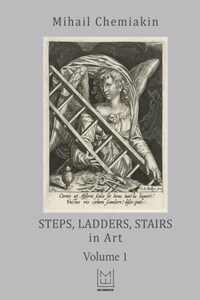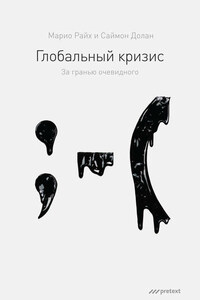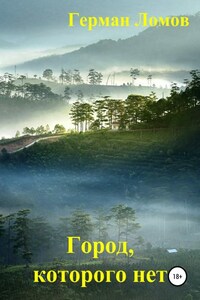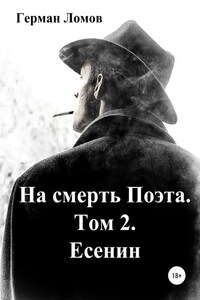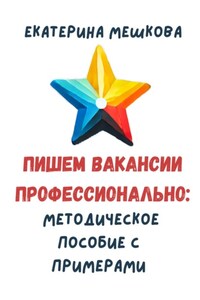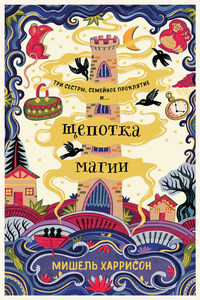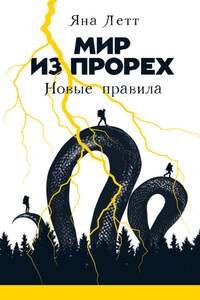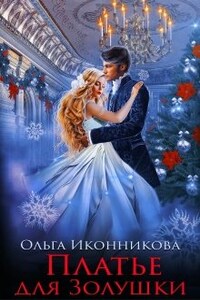Originally published in Russian as «Лестница в искусстве» by the Mihail Chemiakin Centre with the support of the Antropov Foundation, 2018.
This publication was effected with the help of the Preservation and Digital Transformation of World Cultural Heritage Foundation (Moscow).
The Mihail Chemiakin Centre would like to thank Andrei Georgievich Reus and Alexei Borisovich Antropov for their invaluable support of Mihail Chemiakin’s Musée Imaginaire, as well as
Tatyana Chemiakine, Marina Kesler, Leigh Warre, Vladimir Ivanov and Alan Lamb for their help in the preparation of the exhibition and catalogue.
Concept, compilation, analysis – Mihail Chemiakin
Image pre-production – Sergey Krylov
Exhibition curator – Olga Sazonova
Translations – Sarah H. de Kay
© Algis Grishkevicius (LATGA), Andre Nagel (BILD-KUNST), Garcia Fernando Garcia (VEGAP), Gerardo Feldstein (SAVA), Jakomo Balla (SIAE), Joe Tilson (DACS), Joseph Beuys (BILD-KUNST), George Brecht (BILD-KUNST), Dorothea Tanning (ADAGP), Joan Miro (ADAGP), Ivan Ignacio Navarro (ADAGP), Yinka Shonibare (DACS), Ilya and Emilia Kabakov (BILD-KUNST), Christoph Medicous (BILD-KUNST), Larisa Stenlander (BUS), Louise Bourgeois (ARS), Marina Abramovich (BILD-KUNST), Marc Chagall (ADAGP), Marseille Duchamp (ADAGP), Massimo Campigli (SIAE), Peter Klemensovich (ADAGP), Paul Bury (ADAGP), Rene Magritte (ADAGP), Robert Raushenberg (ARS), César Martinez Silva (VEGAP), Sophia Hülten (BILD-KUNST), Stephanie Zohe (BILD-KUNST), Fernand Léger (ADAGP), Hans Hemmert (BILDKUNST), Juan Muñoz (VEGAP) Reproduced per a license agreement with UPRAVIS.
Reproduced per a license agreement with UPRAVIS.
© M. Chemiakin, 2019
© O. Sazonova, D. Lobanova, K. Chernyshova, D. Abramova, text, 2019
© V. Ivanov, text, 2019
© R. Saikia, text, 2019
© S. H. de Kay, translations, 2022
2000 – The Sphere in Art
2002 – The Reaper: Images of Death in Art
2003 – The Hand in Art
2004 – Monsters in Art
2005 – The Metaphysical Head in Art
2006 – Out of Focus: Blurred Images in Art
2009 – Not Made For Walking: Shoes in Art
2010 – Cries in Art
2010 – Images of Death in Art
2012 – Seats of… Chairs in Art
2012 – Disturbed Images: Cuts in Art
2013 – Children in Art
2015 – The Automobile in Art Letters, Words, Text in Art
2016 – Clothing in Art
2018 – Swaddled, Bandaged and Wrapped Figures and Objects in Art
2019 – Steps, Ladders, Stairs in Art
“Musée Imaginaire” is a research project created by the artist and sculptor Mihail Chemiakin. At its core is the analysis and academic classification of object, artistic devices, signs and symbols in the works of various genres of visual art. The analysis is conducted through the juxtaposition of images culled from books, exhibition catalogues, engravings, and photographs of works in museums. In decades of work on this project, Chemiakin, working not only as an artist but also as a philosopher, analyst, art historian and educator, has created a unique research laboratory-library of artistic expression. The research materials reveal whole previously unexplored areas of world culture, and demonstrate how an image is transformed and interpreted in the art of different cultures and epochs. Among approximately 400 themes examined in the context of the research are “Children in Art”, “Images of Death in Art”, “Blurred Images in Art”, “The Hand in Art”, and the subject of this book, “Letters, Words and Text in Art”. The laboratory and library are currently housed in the artist’s studios at his residence in France, where artists and art historians come from Russia to study.
The Russian television channel“ Kultura” produced a series of 21 filmed lectures titled “Mihail Chemiakin’s Musée Imaginaire” in 2002–2009. In 2003 the series was nominated for the TEFI award, and was awarded four prizes at the VIII International “Velvet Season” Television Festival, for best film in the category of “Cultural and Educational Programming”.
Beginning in 2000, Chemiakin has curated numerous thematic exhibitions in Hudson, NY; Loches, France; and in Russia, in St. Petersburg, Khanty-Mansiisk, Nalchik, Maikop, Kaluga, Voronezh, Lipetsk, Novosibirsk, Moscow, Kaliningrad, Sochi and Norilsk.
In 2013 Chemiakin published a book dedicated to the study “Chair in Art”. Then in 2015 the first full catalog of the exhibition “Letters, Words, Text in Art” from the project “Imaginary Museum” was brought out. In 2018 a book based on the materials of the exhibition “Swaddling, bandaging, wrapping in Art” was released. This publication is a part of the catalog of the project “Imaginary Museum” and includes materials from the exhibition “Stairs in Art”, held in the Centre of Mikhail Chemiakin in 2019.
This exhibition, like all the Centre's thematic exhibitions, is complemented by a series of one-man shows by contemporary artists on the given theme. These shows are the result of open international juried competitions conducted in the period leading up to the thematic exhibition, and serve to involve artists more profoundly in the research and creative process of “Mihail Chemiakin’s Musée Imaginaire“.
The Mihail Chemiakin Centre works through the Mihail Chemiakin Foundation in St. Petersburg, which was created in 2002 and is the primary venue for public programs of the “Musée Imaginaire“ project and programs of The Institute of the Philosophy and Psychology of Art. The Centre's goals are to support Russian culture, organise cultural exchange with other countries and assist young artists, writers, performers and musicians. Since 2015 the “Musée Imaginaire“ operates under the aegis of the Ministry of Culture of the Russian Federation.
Back in the 1960s I began collecting, comparing and analyzing reproductions of works of fine and ritual art – Metaphysical Heads, Metaphysical Figures, – with the goal of synthesizing what these works by different masters had in common, understanding the essence of the image, and on that basis I hoped to create a system of “signs” in the art of the 20>thcentury. With time my research and the number of themes I explored broadened, along with the development of my own artistic work and the broadening of my analytical visual experience.
It is important to stress that this research were and continue to be purely visual, independent of place and time. I have always been less interested in who created the work that interests me, or when it was created, than in the linear, rhythmic, compositional, coloristic and conceptual similarities of different authors, regardless of where and when they worked.
